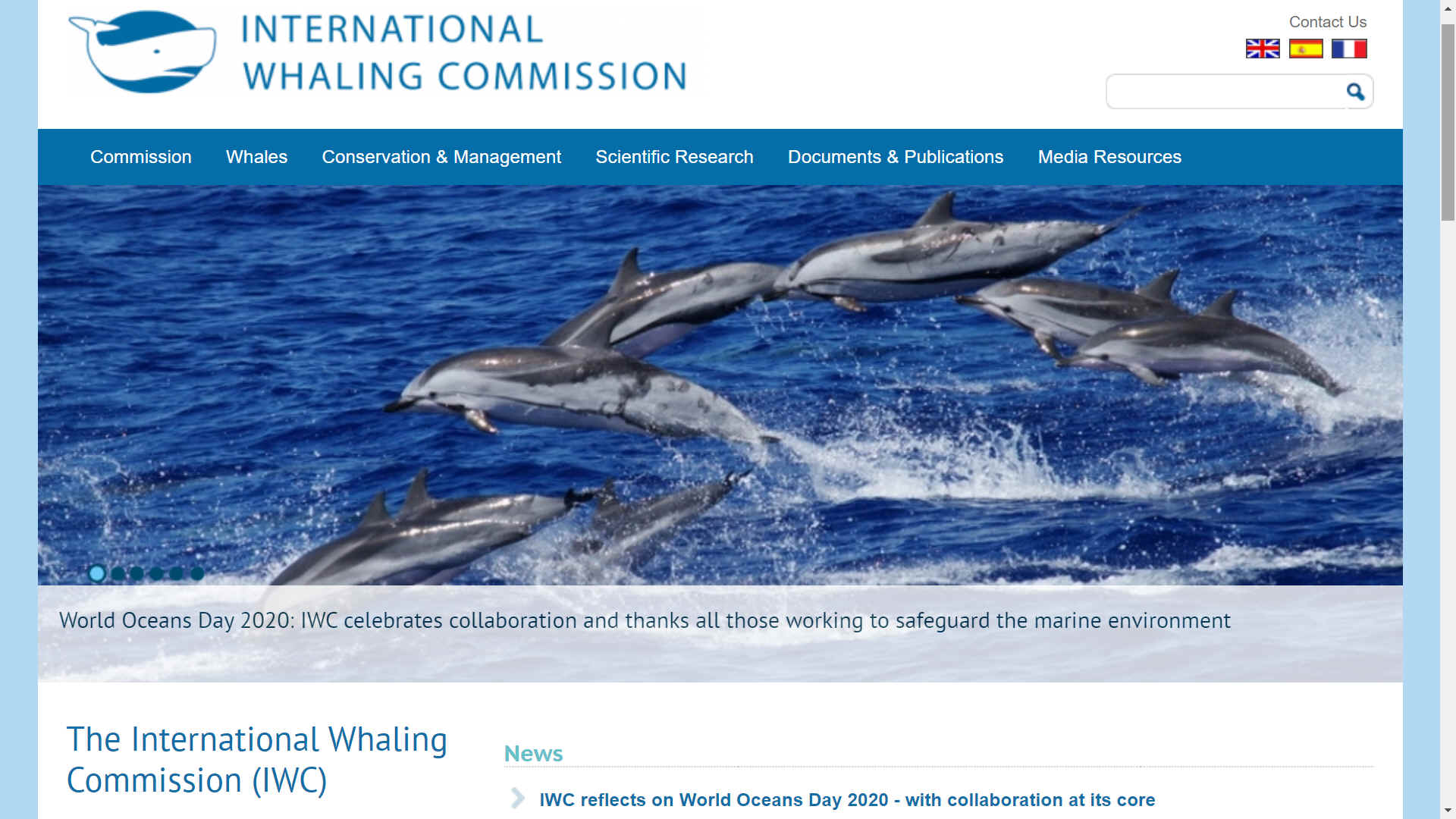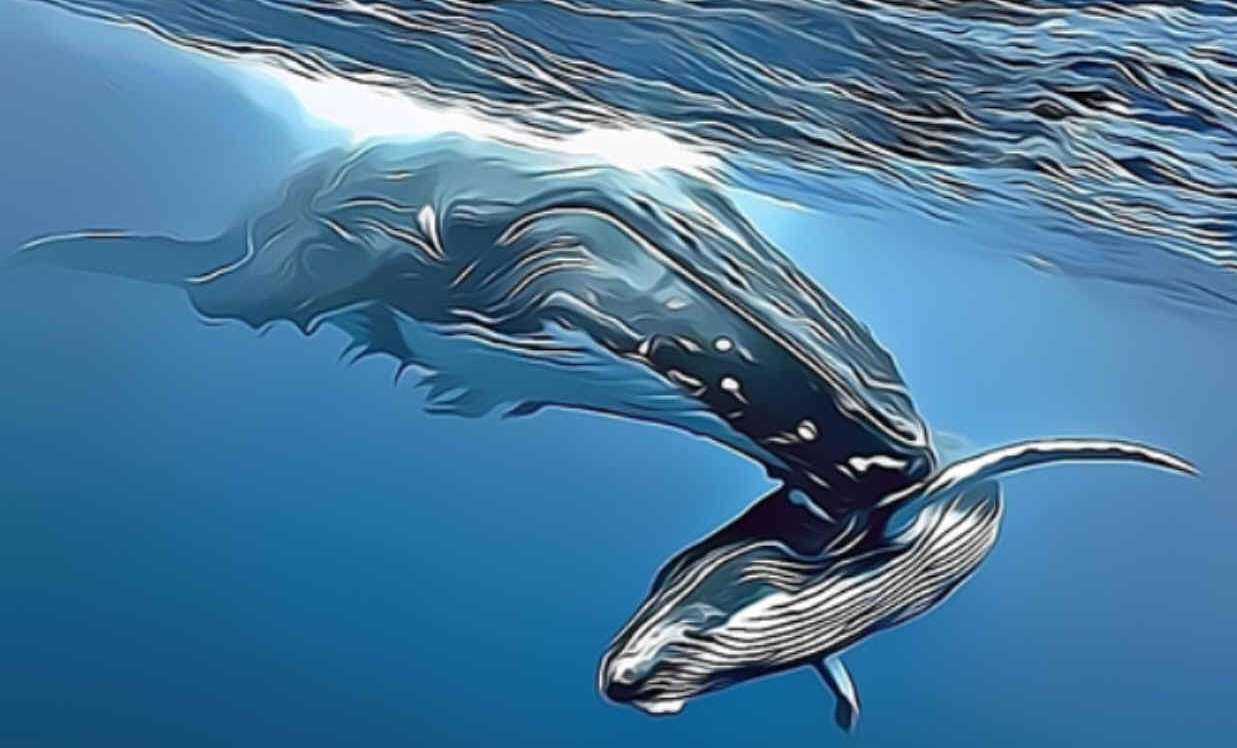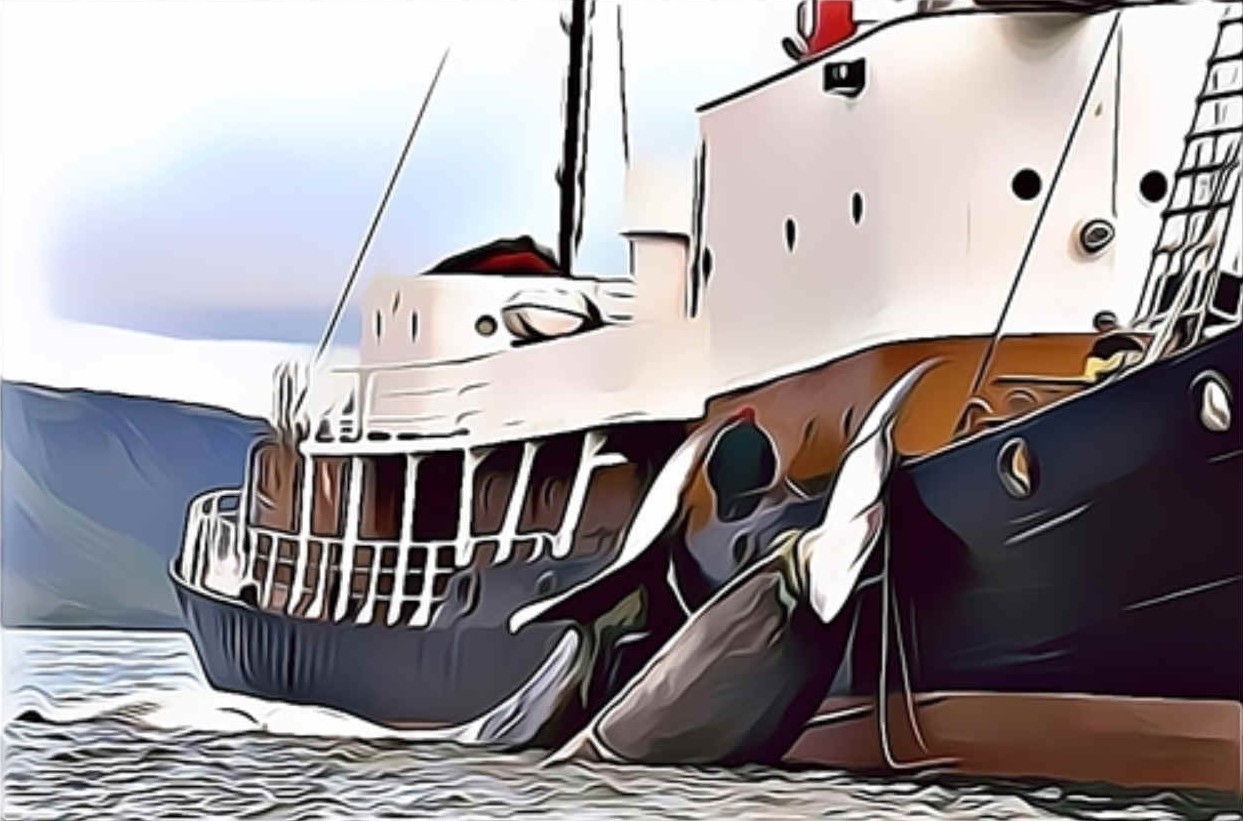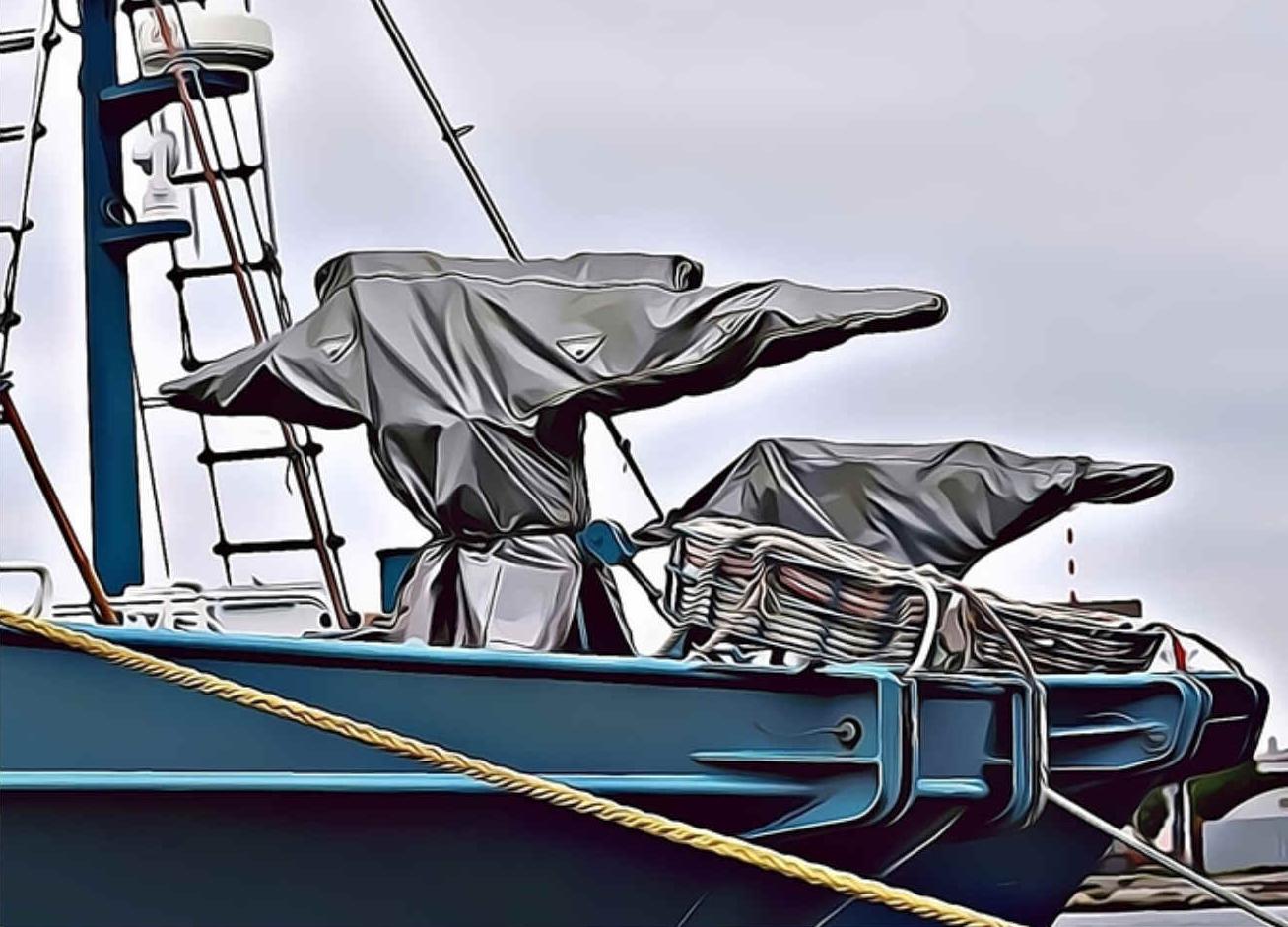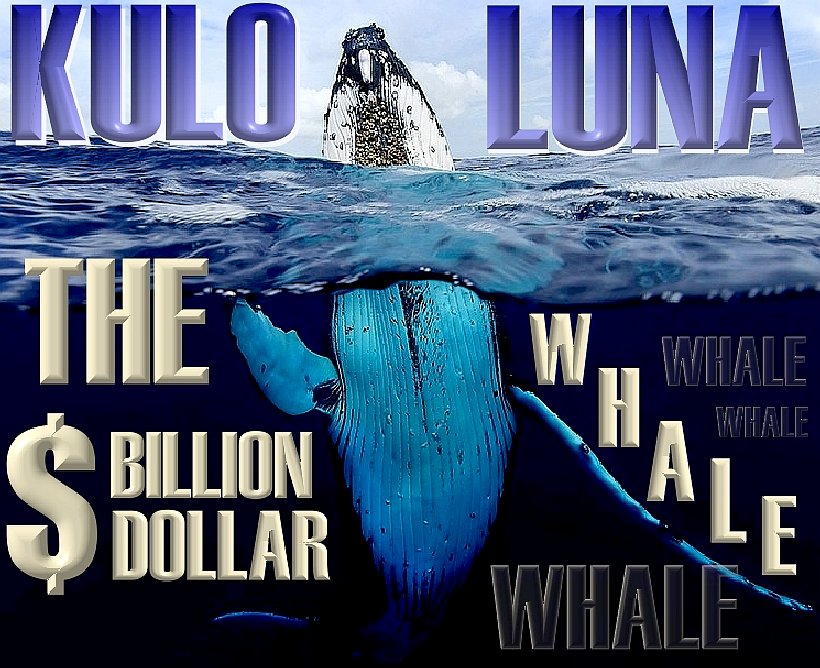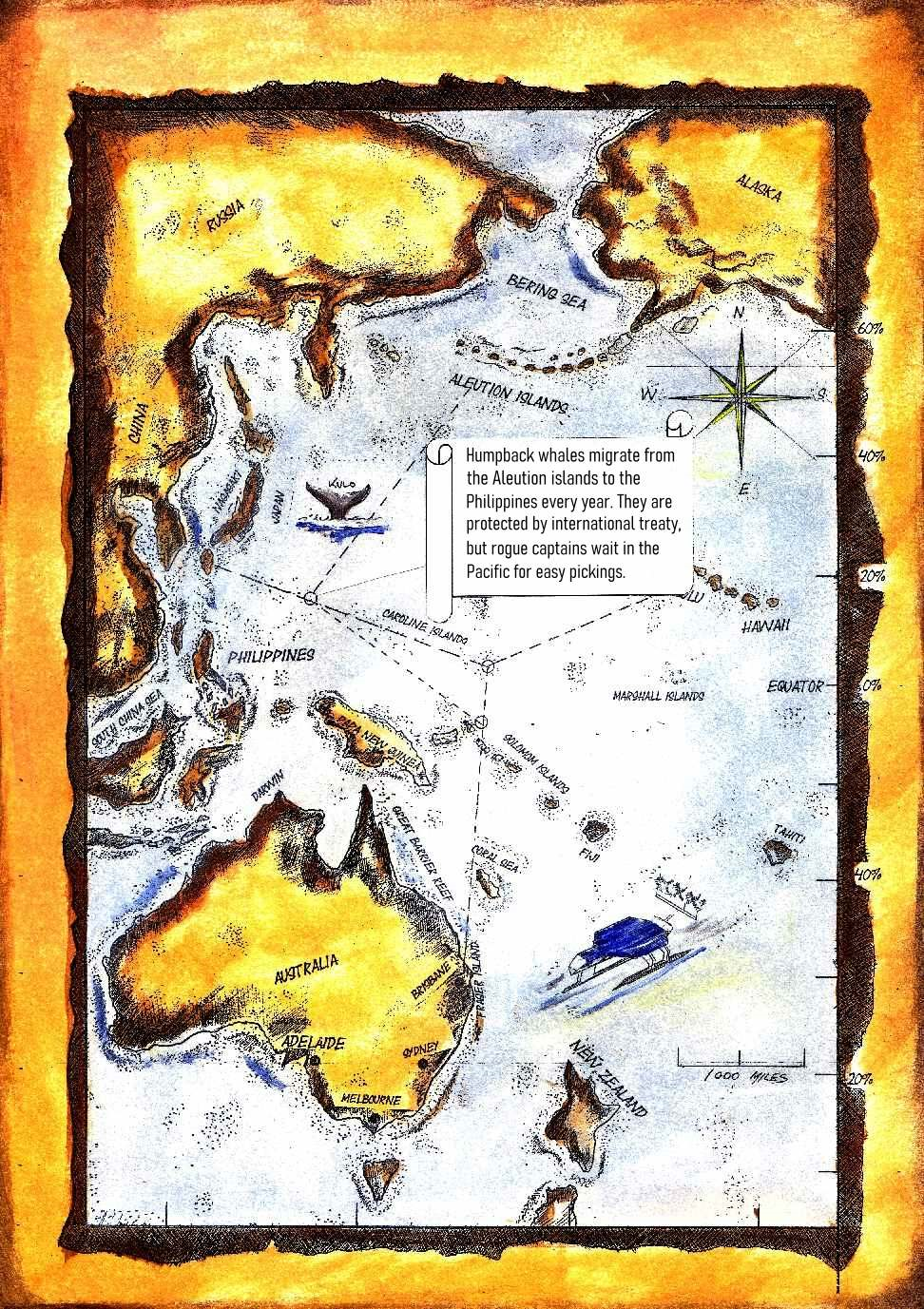|
I. W. C.
Please use our A-Z INDEX to navigate this site
|
|
IWC is a voluntary international organization and is not backed up by treaty, therefore, the IWC has substantial practical limitations on its authority. First, any member countries are free to simply leave the organization and declare themselves not bound by it if they so wish. Second, any member state may opt out of any specific IWC regulation by lodging a formal objection to it within 90 days of the regulation coming into force (such provisions are common in international agreements, on the logic that it is preferable to have parties remain within the agreements than opt out altogether). Third, the IWC has no ability to enforce any of its decisions through penalty imposition.
The
International Whaling Commission
(IWC) is the global intergovernmental body charged with the conservation of whales and the management of whaling.
The Commission had a current membership of 89 Governments from countries around the
World in 2021.
In 1994, the Southern Ocean Whale Sanctuary was created by the IWC. Other areas were protected for whales, with watching becoming a major tourist activity, supplementing incomes for those lucky enough to be befriended by whales.
In the years that followed, unchecked, and despite regular warnings by groups of concerned scientists, the oceans became saturated with plastics, until seafood sold in supermarkets were forced to carry Government Health Warnings as to toxicity. Cancer rates soared in nations reliant on fish for food, such as Japan and Iceland. China and Russia soon had to admit there was a mounting death toll, as national health services were swamped and just as with Covid 19, many years before, could not cope.
Alongside the plastic soup, the seas had become, desertification continued apace, with arable land reducing, so raising the price of fruit, grains, vegetables and meats. People started growing vegetables in allotments and back gardens, just to survive. Some regions were so short of food, that cannibalism had taken hold. Other areas were short of water, and the United Nations (UN) had stopped flying in humanitarian relief. Regions so affected became dangerous to visitors. Those who ate seafood out of necessity became sick, lost their appetites and withered. Their babies were stillborn.
RESUMPTION OF WHALING
To prevent further starvation and widespread panic, commercial whaling was allowed to resume with strict rules as to hunting only so far from sovereign waters. The International Maritime Organization's (IMO's) Marine Pollution (MARPOL) legislation prevented whaling ships from using dirty diesel bunker fuels. But with food so scarce, desperate measures were needed. Cartels were formed to organize and fund illegal hunting outings.
Older ships that should have been scrapped, were secretly brought back into service, and kept for pirate missions, manned by crews that had little choice, but to obey their powerful bosses. Officials were bribed to turn a blind eye, so that harbour masters ignored certain traffic, even when it was obviously belching clouds of black smoke, and should have been detained. Most were happy to oblige in return for a share of the bounty. Even the coast guards were in on it, knowing that the pollution pirates were feeding hundreds of thousands by smuggling home whale meat.
Against this background, Shui Razor and Stang Lee prospered. Attaining hero status when they brought home the goods. They were though ethical whalers, as far as they were allowed to be.
The hunted
A BIT OF HISTORY
The main duty of the IWC is to keep under review and revise as necessary the measures laid down in the Schedule to the Convention which govern the conduct of whaling throughout the world. These measures, among other things, provide for the complete protection of certain species; designate specified areas as whale sanctuaries; set limits on the numbers and size of whales which may be taken; prescribe open and closed seasons and areas for whaling; and prohibit the capture of suckling calves and female whales accompanied by calves. The compilation of catch reports and other statistical and biological records is also required.
In response, Japan announced on 26 December 2018, that since the IWC failed its duty to promote sustainable hunting, which is one of its stated goals, Japan is withdrawing its membership and will resume commercial hunting in its territorial waters and exclusive economic zone from July 2019, but will cease whaling activities in the Southern Hemisphere. In 2019, Japan withdrew from the International Whaling Commission (IWC) having tried unsuccessfully in 2018 to convince the IWC to allow whaling under sustainable quotas.
Even so, whaling was still illegal under international law, making those engaged in the business pirates, had it not been for the gradual poisoning of fish, and slow reversal of IWC policies, as many other nations withdrew, to resume whaling. Even though whales could once again become endangered. This was because humans were also becoming endangered as population spiked, and then began to fall from illness and starvation.
Old ships were kept for illegal outings, despite being at risk of impound for breaking MARPOL laws.
1982 MORATORIUM
Notwithstanding the other provisions of paragraph 10, catch limits for the killing for commercial purposes of whales from all stocks for the 1986 coastal and the 1985/86 pelagic seasons and thereafter shall be zero. This provision will be kept under review, based upon the best scientific advice, and by 1990 at the latest the Commission will undertake a comprehensive assessment of the effects of this decision on whale stocks and consider modification of this provision and the establishment of other catch limits.
The measure passed by 25 votes to seven, with five abstentions.
In 2002, Iceland was allowed to rejoin IWC with a reservation to the moratorium (Iceland withdrew from IWC in 1992), but this reservation is not recognised as a valid objection by many IWC members. In addition, Italy, Mexico, and New Zealand do not consider the ICRW to be in force between their countries and Iceland. None of these countries, however, has mounted any legal challenge to Iceland's membership of the IWC.
However, environmental groups dispute the claim of research "as a disguise for commercial whaling, which is banned." Since 1994, Norway has been whaling commercially and Iceland began hunting commercially in September 2006. Since 1986, Japan has been whaling under scientific research permits. The US and several other nations are whaling under aboriginal whaling auspices.
Norway lodged a protest to the zero catch limits in 1992 and is not bound by them. Anti-whaling countries and lobbies accuse Japan's scientific whaling of being a front for commercial whaling. The Japanese government argues that the refusal of anti-whaling nations to accept simple head counts of whale population as a measure of recovery of whale species justifies its continuing studies on sex and age of population distributions, and further points out that IWC regulations specifically require that whale meat obtained by scientific whaling not go to waste.
Japan, on the other hand, has raised objections to U.S. aboriginal subsistence whaling, generally seen to be in retaliation to anti-whaling nations' (including the United States') objections to aboriginal subsistence whaling for several Japanese fishing communities, which traditionally hunted whales until the imposition of the moratorium.
The Kulo Luna ocean awareness adventure, is important to draw attention to climate change, ocean and air pollution and whaling.
PLASTIC POISONING
Potentially, plastic poses more of a threat to whale populations than whaling. That same threat applies to humans eating whales that have been grazing in oceans polluted by micro plastics that have been ingested by krill and the small fish that whales feed on.
For some reason, whale meat was less toxic that fish meat. Whaling nations chose to believe it was safe to eat, to quell their rumbling bellies.
CONTACT THE IWC
International Whaling Commission Work
programmes, conservation, welfare & aboriginal subsistence whaling -
publications@iwc.int Abundance estimates & catch data
- statistics@iwc.int
Website:
https://iwc.int/home
John Storm is an ocean adventurer and conservationist. The Elizabeth Swann is a fast solar and wind powered boat. During a race around the world, news of the sinking of a pirate whaling ship reaches John Storm and his mate Dan Hawk. They decide to abandon the race and try and save the wounded whale.
Please use our A-Z INDEX to navigate this site
|
|
|
This website is Copyright © 2020 Cleaner Ocean Foundation Ltd and Jameson Hunter Ltd
|
